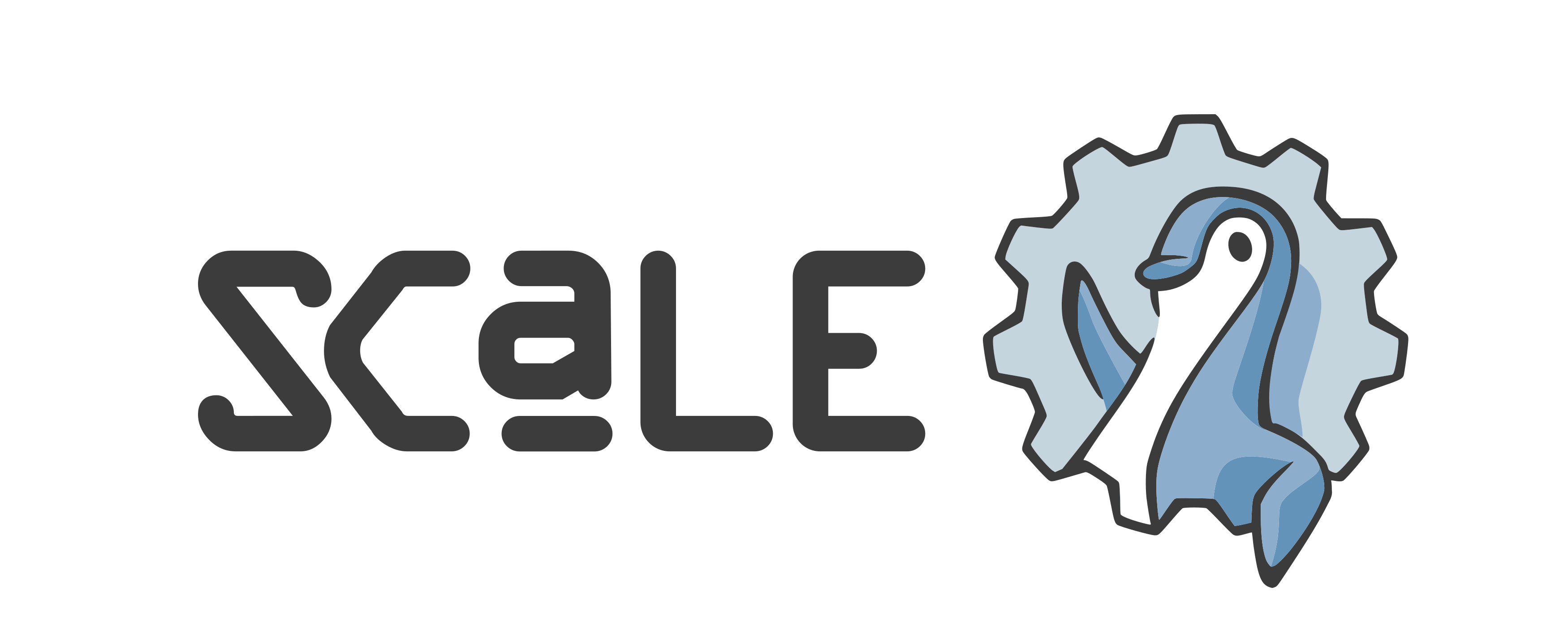Presentations

Managing MySQL in the cloud presents unique challenges and opportunities for optimization. This article highlights key lessons learned, including best practices for performance tuning, scalability, and disaster recovery in cloud-based environments.

This will be a casual presentation by a former Mexican government official. The talk will touch upon legislation established in federal law in Mexico and government agencies structured to promote the use of open source while driving sovereignty. It will also cover some experiences and lessons learned by the presenter in their experience of driving open-source projects from within the government and some examples that are currently in operation.

This talk is about users who uses MySQL either as a normal user or as a Database Administrator (DBA) or someone who just want to view the query result for analytics and need to visualize the result so that be able to monitor and observe it and even send out alerts if detect a change in patterns or KPIs using Grafana OSS and Alerting module.

In today's AI-driven development landscape, the OpenInfra community has a unique opportunity to lead in integrating foundational models (FMs) and AI agents into open-source workflows. By leveraging datasets and collaboration frameworks within the OnpenInfra ecosystem project teams, I have trained and fine-tuned open-source models—including LLaMA 3, SantaCoder, Mistral-7B, and OpenLLaMA-13B—to assist contributors in over 21 socio-technical tasks. These efforts have led to noticeable productivity improvements and offer a roadmap for how OpenInfra can harness AI to meet its objectives.
Let's compare notes on experiences with and resources for helping friends and colleagues degoogle and switch away from Meta, Amazon, etc. This will not be a political discussion or debate, but rather a practical meeting focused on ideas and actions that may be more feasible in this political moment. To feel more empowered to speak and act by reducing the data they inadvertently share and reducing paid subscriptions to big corporations. Participants at all levels of knowledge and technical skill are welcome.
If you use free software for your creative pursuits — art, design, 3D, video, music, photos, typography, painting, or anything else — join us to talk about the community and projects that live in this space. Questions, networking, sharing what you make, musing about the future: all are welcome!
The challenge of making buildings smarter! Open discussion on how Linux can make a different in making our commercial buildings be safer, more comfortable and more sustainable.
Linux is a robust and secure operating system with a rich array of applications. SCALE is once again providing those who want to start using Linux an opportunity to learn how. SCALE will provide an installfest plus basic system administration class to help you hit the ground running with Linux. The class will be offered as an Installfest on Saturday, morning March 8, and a full day of training on Sunday 9th. Advanced registration is required.
Linux is a robust and secure operating system with a rich array of applications. SCALE is once again providing those who want to start using Linux an opportunity to learn how. SCALE will provide an installfest plus basic system administration class to help you hit the ground running with Linux. The class will be offered as an Installfest on Saturday, morning March 8, and a full day of training on Sunday 9th. Advanced registration is required.

With the number of Linux kernel vulnerabilities rising, prioritizing security is essential. While the kernel offers many built-in self protection mechanisms, some gaps remain. We propose Linux Virtualization Based Security (LVBS), a security feature that can a) harden the kernel and b) ensure that critical kernel resources remain untampered, even if the kernel gets compromised. VBS uses virtualization and the hypervisor to create a more privileged, isolated virtual environment, called Virtual Trust Level 1 (VTL1). VTL1 has its own kernel where a number of security solutions are hosted.
